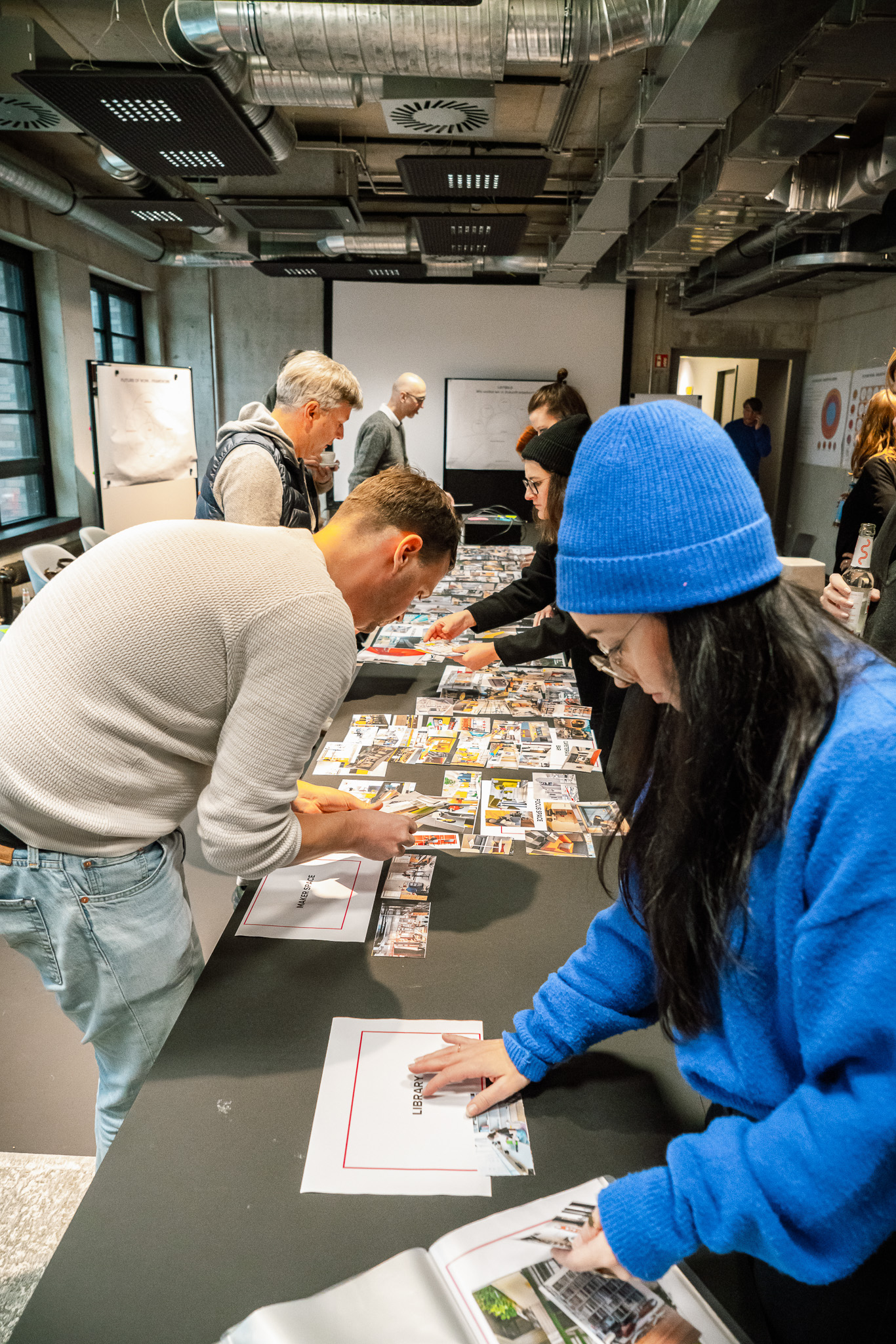New Work
or rather New Working Culture?
The drivers of the movement are diverse and huge. Generational change, societal cultural change, digitalisation, new process methodology or simply a pandemic.
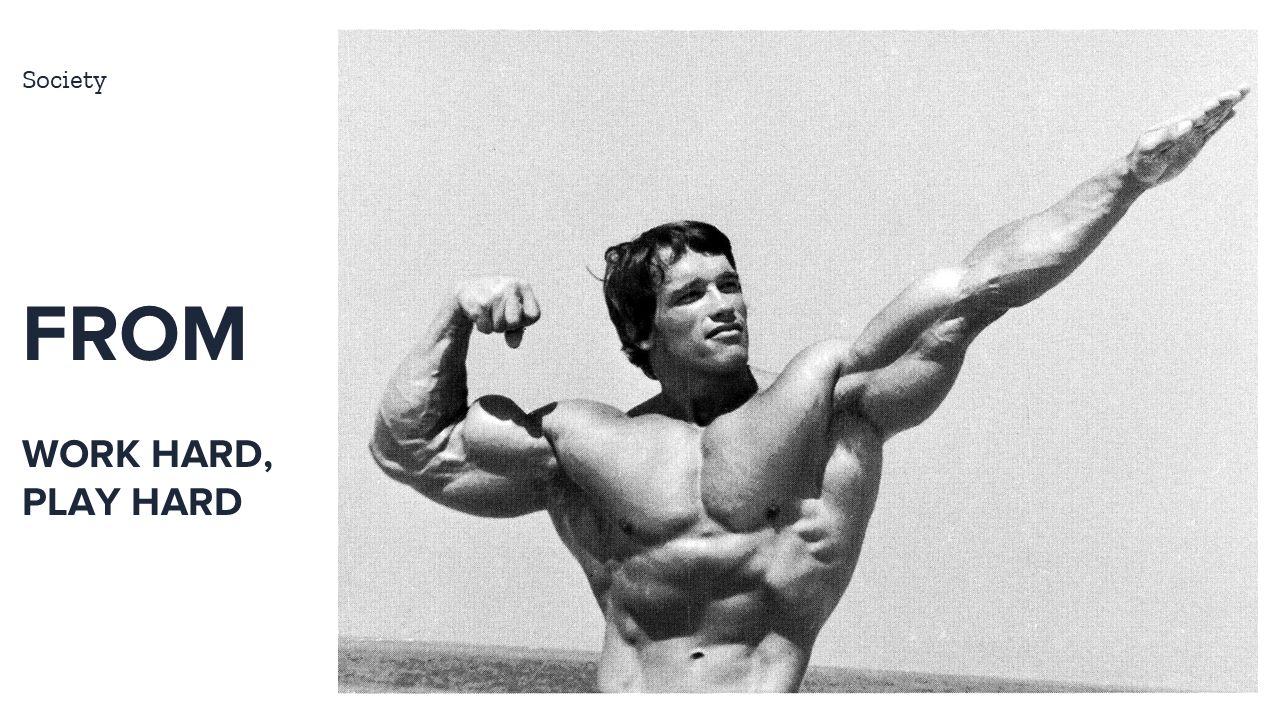
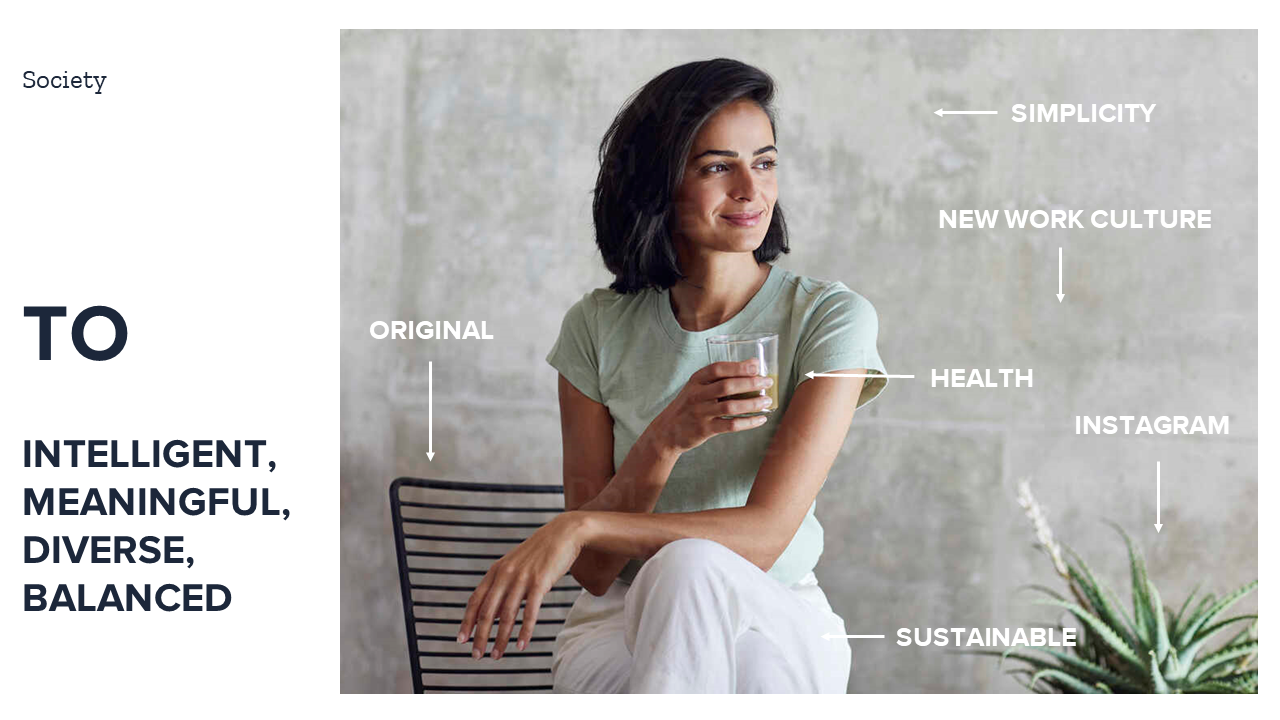
Organisations are increasingly looking inwards, to the core of their existence, to their people and their lived corporate culture. The nature of cooperation is experiencing a renaissance. Hardly any HR department is still called Human Resources. It’s about the talent management of the future. About bringing together the right personalities in a mostly very flexible and collaborative way, and often only for a limited time, and letting them grow together.
Even with hardcore digitalised and process-optimised clients, terms such as “people over process” are becoming more and more common. Active measures are being taken for intercultural encounters between companies, such as meetings without an agenda or even one-hour meetings in which the agenda may only consist of private topics. A counter-movement to over-processualisation? An attempt to replenish our “social account”, which we have been using poorly for years, from which we have only been withdrawing, and not only during the pandemic?
The focus of our work must always be on the people for whom such a culture is created. I believe in people-based working.
Michael Ostertag | SCHMIDHUBER
In any case, the examination of the topic of work-human-culture under the working title New Work is experiencing a huge change in perspective. Whereas in the past it was considered in the triangle of forces of digitalisation – HR – real estate with the focus mostly on increasing efficiency or saving costs, today the issue is considered on a much more significant and effective level. It is about thinking corporate mission statements with the right personalities and a new attitude towards collaboration. Establishing a suitable environment and knowledge culture. Generating new meaning in work and living it with all employees. As an employer, to make clear why collaboration adds value to me personally and enriches and develops me on different levels of my life.
At some point, space also plays a significant role in this, and that is why I am writing this post. As a specialist for communication in space, I have helped develop many brands in recent years in the direction of their consumers, target groups and markets and set them up for the future. The now (re)discovered direction of this discipline towards the “inside” brings up a field of activity which, in my opinion, has not yet become tangible in terms of its importance and potential.
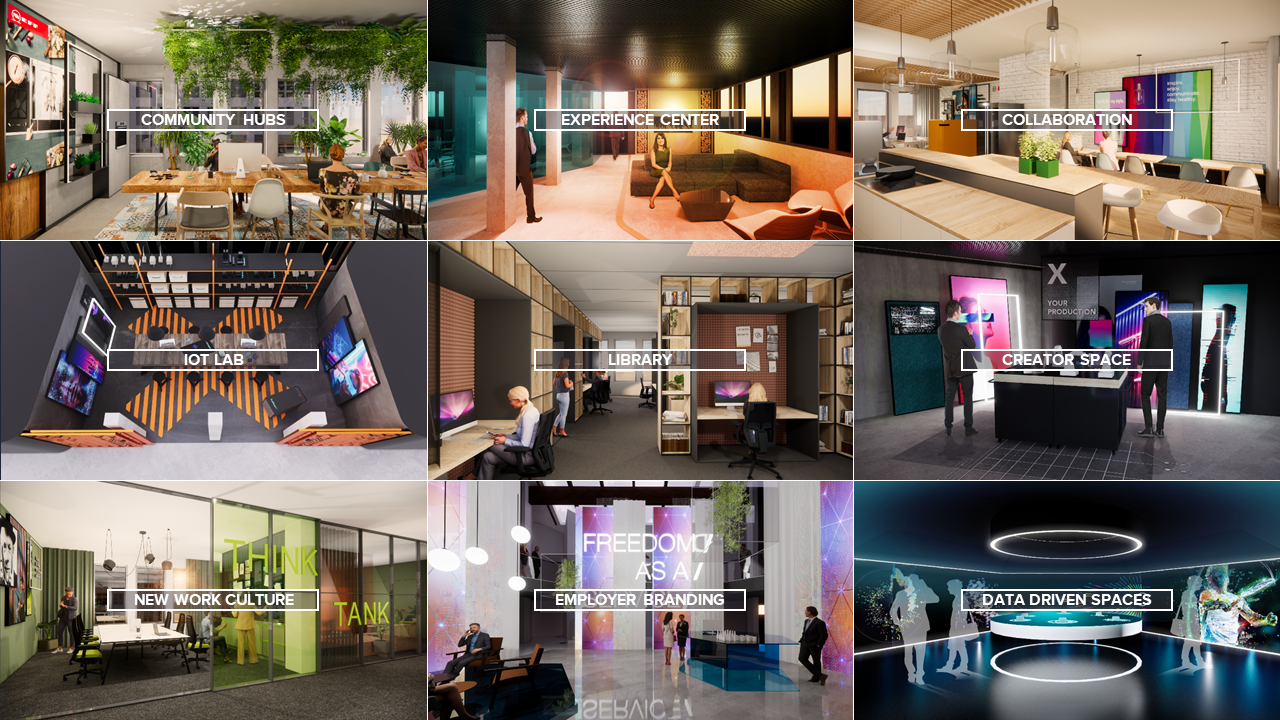
Space as
a Storyteller
Whether it is about turning employees into motivated brand ambassadors, establishing new cultures of cooperation and joint development or creating a clear basis for consciously supporting the mission statement and thus the corporate goals – space can do it.
Places and spaces can mean much more for brands and systems than simple (employer) branding measures or process-supporting “housings”. Spaces tell stories, create identity, provide support and orientation and thus have a significant influence on one’s own actions.
With this knowledge in the background, we design solutions in the broad field of “New Work” that create sustainable values and convey attitudes. Many works of the last few years have become true hybrids, have gained clarity and goals during the processing phase or have undergone change and now drive several levels of our clients. Whether in the service of brand communication, for sales optimisation or also with an impact direction of knowledge culture and collaboration. The redefinition of the office function during and especially after the pandemic was also super exciting.
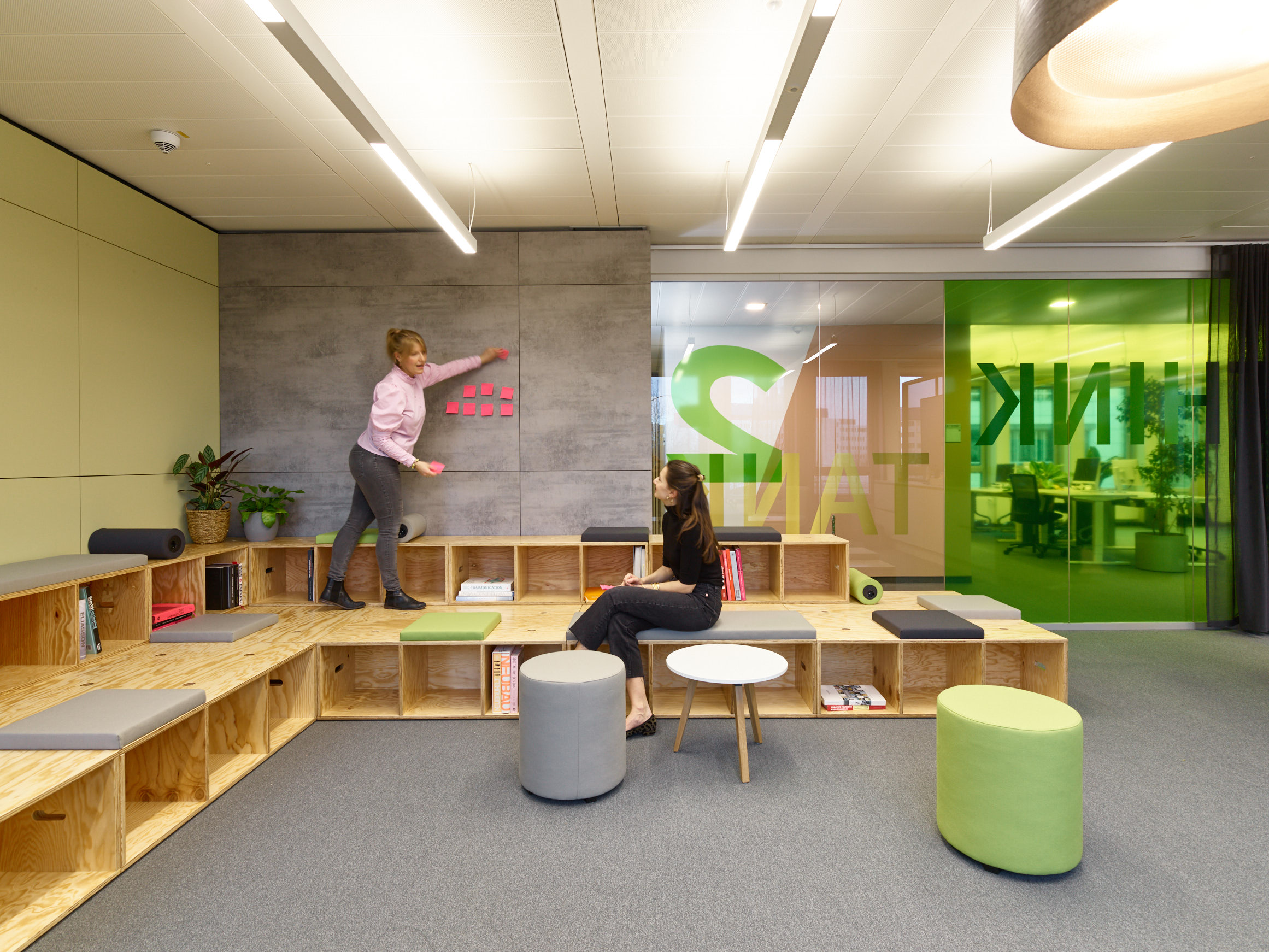

Methods and
transformation
Interesting is, despite sophisticated methodologies and all the prior knowledge, the solutions are usually not easy to categorise and also have a limited lifespan. System approaches such as “activity-based working” or non-territorial workplace cultures can generate added value in some areas. However, when applied to a similar company of the same sector and size, they can fail spectacularly. Many successful transformations therefore use a very differentiated and also empirical approach. And very few have the opinion that a New Work culture will ever reach a stable end point.
I am fascinated by the multidimensionality and growing importance of the topic, especially against the background of generational change, the meaningfulness of work and the currently very accelerated virtualisation of cooperation.
Michael Ostertag | Partner bei SCHMIDHUBER
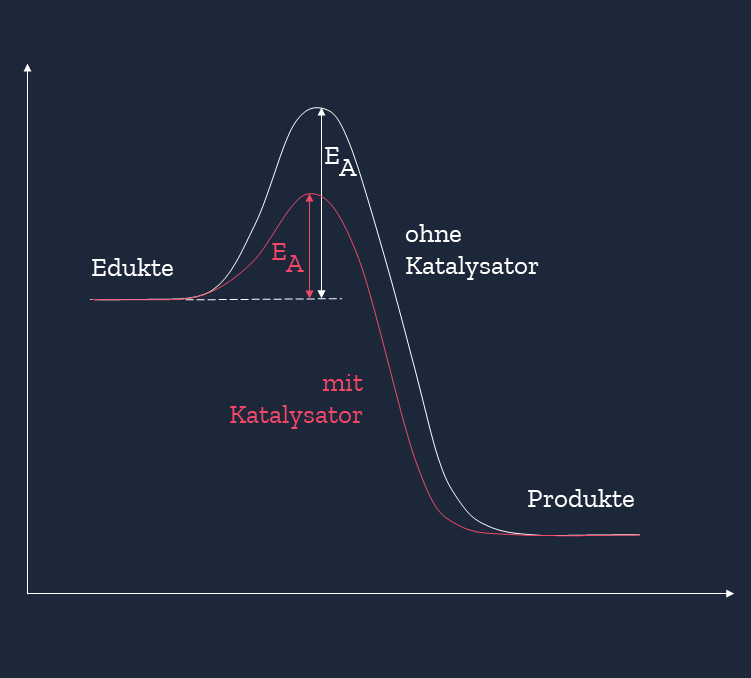
Communication as a Stabiliser
The drivers of the movement are diverse and huge. Generational change, societal cultural change, digitalisation, new process methodology or simply a pandemic.
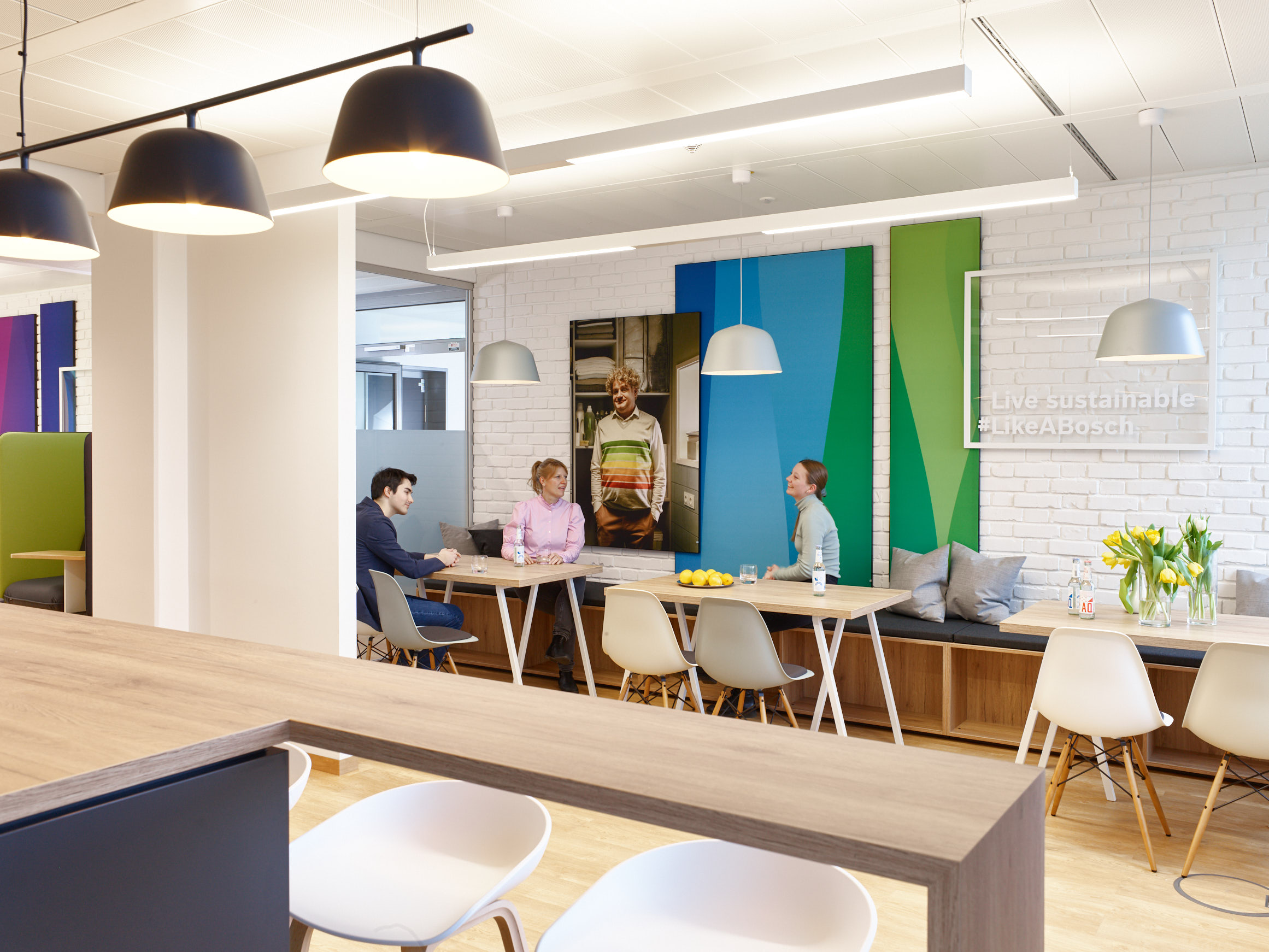

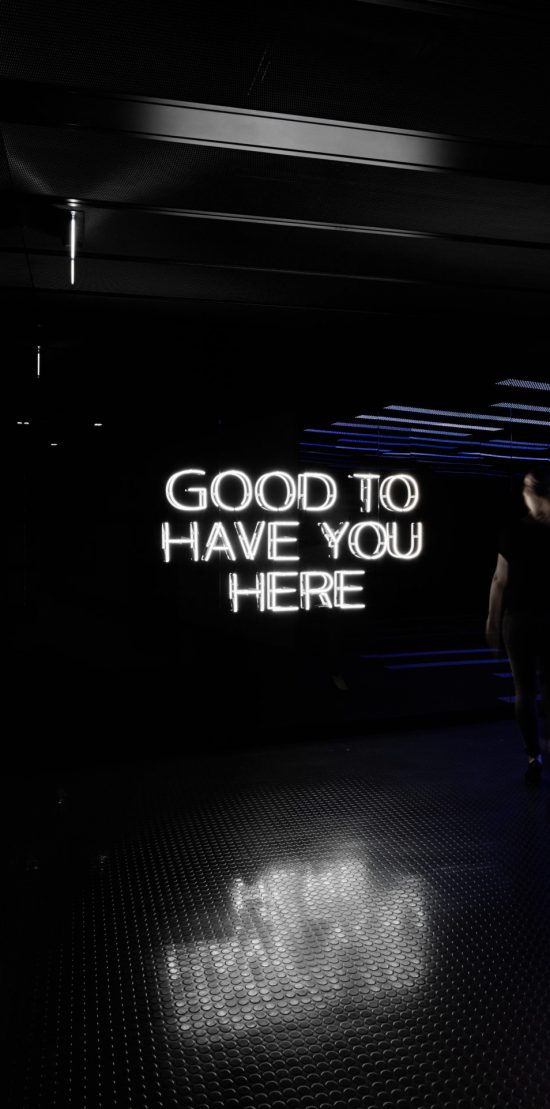
Weitere
Projekte
Projekte, Inhalte und Themen, die sie auch interessieren könnten:
Offene
Fragen?
Ruf uns an:
+49 89 157997-0
Oder schreib uns:
info@schmidhuber.de

